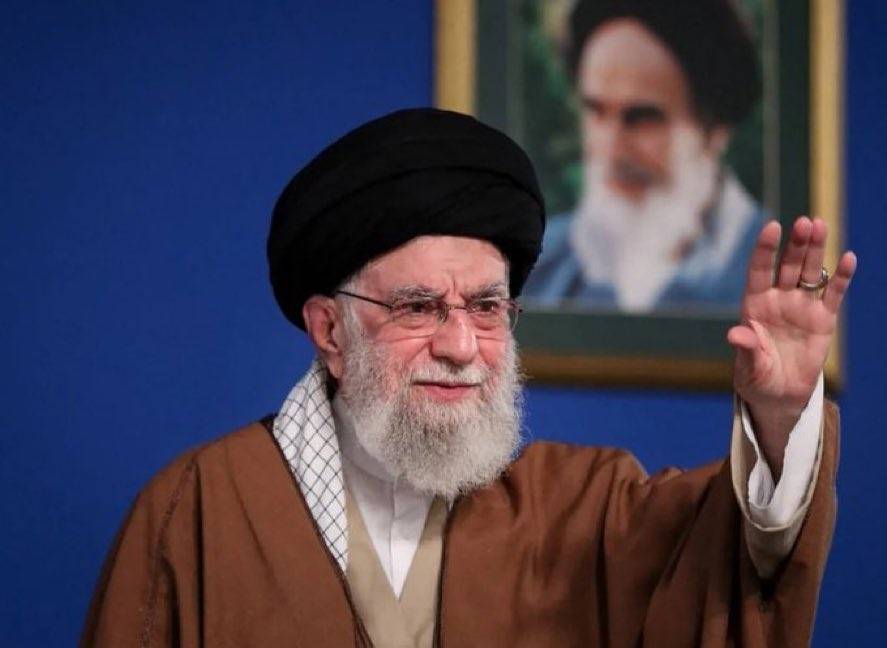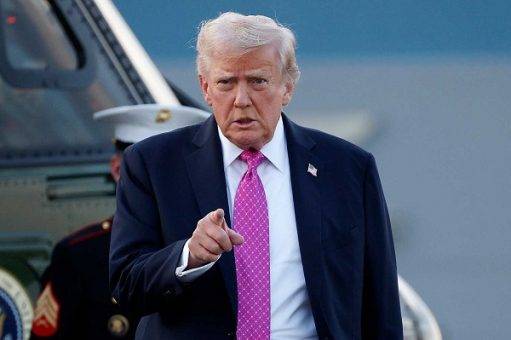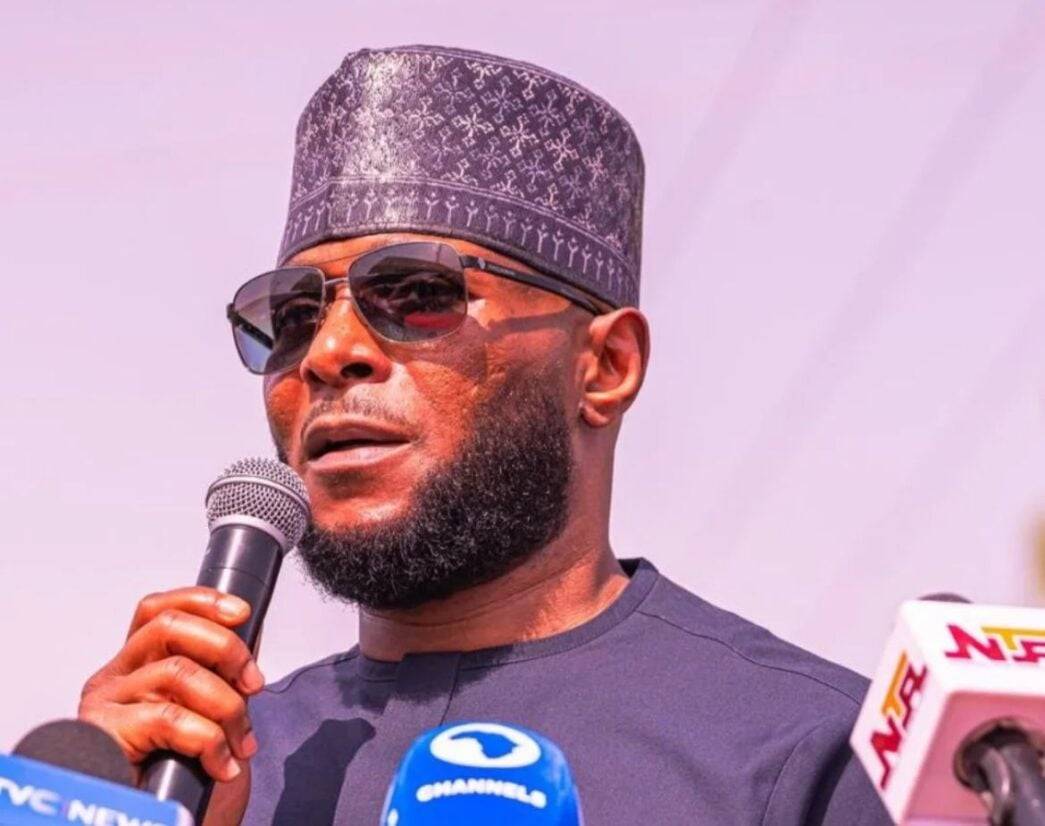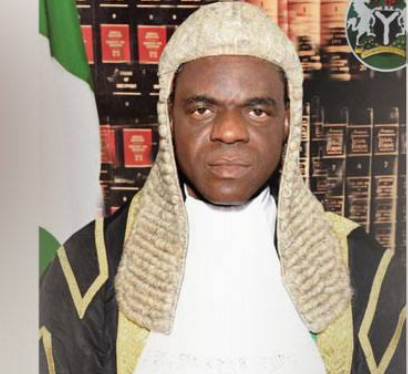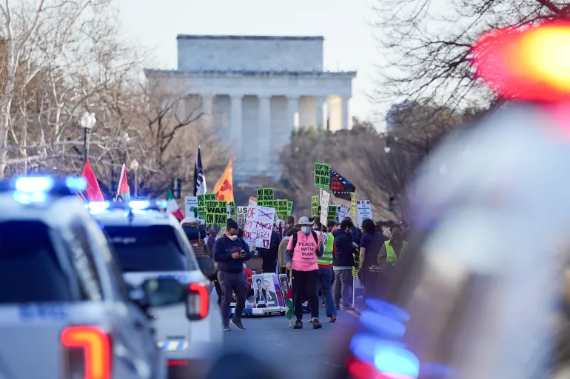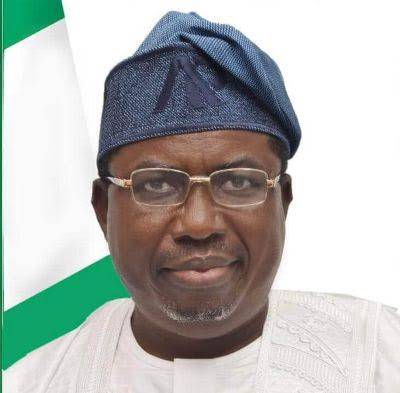Iran declined to sing their national anthem before their World Cup match with England in an apparent expression of support for anti-government protests in their home country.
Some fans shouted and jeered during the anthem and others held up signs saying “Woman, Life, Freedom”.
Iran state TV cut its coverage of the anthem and switched to a previously shown wide shot of the stadium.
Mass protests have been met with a fierce crackdown in recent months.
They have been sparked by the death in custody in September of Mahsa Amini, a 22-year-old woman who was detained by morality police for allegedly breaking the strict rules around head coverings.
Human rights activists have said more than 400 protesters have been killed and 16,800 others arrested in a crackdown by Iran’s security forces.
Iran’s leaders say the protests are “riots” orchestrated by the country’s foreign enemies.
Iranian fans could also be heard chanting “Ali Karimi” in the first-half in reference to the former footballer who is one of the most outspoken critics of the Islamic Republic and one of the most popular faces of the protest movement.
The fans could also be heard chanting “Be-Sharaf”, which means dishonourable in Persian. This is an adjective that protesters have used against security forces in Iran.
Many opponents of the Islamic Republic have criticised the football team for not openly supporting the protests and for meeting with President Ebrahim Raisi last week.
Speaking before the game, Iran captain Ehsan Hajsafi said the players “support” those who have died.
Manager Carlos Queiroz has said his players were “free to protest” over women’s rights in their home country as long as it “conforms with the World Cup regulations and is in the spirit of the game”.
Iran’s players also covered up their national team badge when they played two warm-up internationals in September.
Let the kids play football – Queiroz
After Monday’s 6-2 defeat in Group B, Queiroz said the political unrest at home had taken a toll on his squad.
“To those who come to disturb the team with the issues that are not only about the football opinions, they’re not welcome because our boys, they’re just simple football boys,” the Portuguese said.
“Let the kids play the game. Because this is what they’re looking for. They wanted to represent the country, to represent the people, as any other national team that are here. And all the national teams, there are issues at home.”
The former Manchester United assistant added: “It is not right to come to this World Cup and ask them to do things that are not their responsibility. They want to bring pride and joy for the people.
“You don’t even imagine behind the scenes what these kids have been living in the last few days, just because they want to express themselves as footballers.”
Speaking about the incident at half-time, BBC Match of the Day presenter Gary Lineker said: “It was a powerful and very, very significant gesture.
“Football is trying to use its power for good.”
‘It was a lively football game, but it was much more than that’ – Analysis
It was impossible to escape the symbolic gestures in the game. All of Iran’s players refused to sing the national anthem as it sounded across the Khalifa International Stadium.
A fan I spoke to was in tears as he heard it in the stands. “For my people…” he told me, his voice breaking. “They’re killing my people.”
Cheers for the Iranian side were loud and relentless. “Iran. Iran” sounded with the beat of a drum, adorned with the colours, the name and map of the country painted on it.
Women with their hair fully on display were wrapped with the Iranian flag, and screamed every time their team got close to the net. It was a lively football game, but it was much more than that.
In the sea of Iranian and English flags, a woman stood with a small poster saying “Woman, Life, Freedom” in solidarity with the protesters back in her home country. She didn’t want to show her face or share her name, but she did want her message to get across.
As I walked through the stands, another Iranian fan whispered to me: “Please tell our story. No pictures please. I want to go back to the country one day and I don’t want problems.”
Source: BBC



